AFEP (the French Association of Large Companies) is an association representing 114 of the largest companies operating in France. AFEP’s objective is to foster a sustainable and business-friendly environment and to present the vision of its member companies to French public authorities, European institutions and international organizations.

